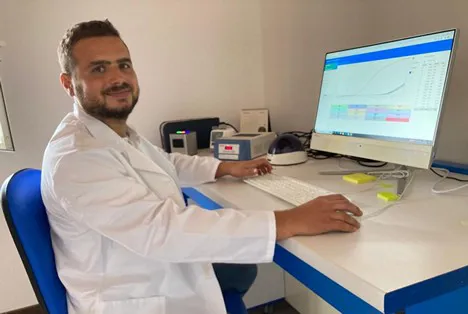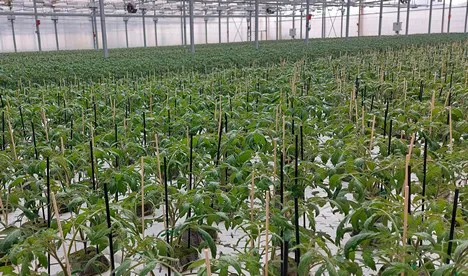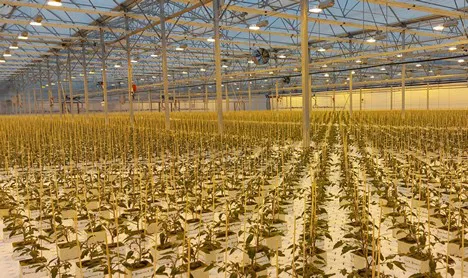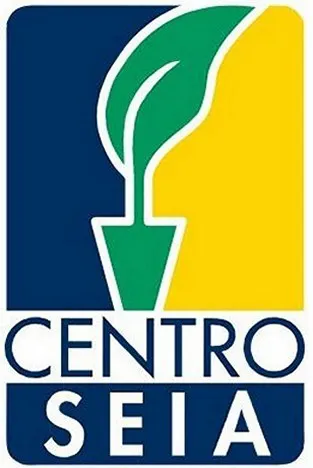If we were to sum up the commitment of Centro Seia, a company boasting thirty years of experience in nursery gardening for intensive vegetable cultivation, we could say that safety comes first!
 Andrea Caruso
Andrea Caruso
In November 2021, Centro Seia set up a molecular diagnostics laboratory for phytopathological analyses to be performed on nursery plants. The laboratory is part of the nursery's self-checking policy for propagation material and integrates with the other protection and control measures in place.
Andrea Caruso is in charge of the complex laboratory activities. He is an Agricultural Biotechnologies graduate with a PhD in Plant Pathology.

"At the moment, the internal Centro Seia laboratory carries out analyses on plantlets before delivering them to clients, looking for the most-feared pathogen at the moment, i.e., the Tomato Brown Rugose Fruit Virus (ToBRFV). In the near future, our equipment and skills will enable us to look for other viruses such as ToLCNDV, TYLCV, TSWV, PePMV, and bacteria like Clavibacter michiganensis subsp. michiganensis and Xanthomonas campestris pv. Vesicatoria".
"We employ the real-time PCR (Polymerase chain reaction) or qPCR technique, which can detect minimum quantities of genetic material (RNA in this specific case). This technique is of the quantitative type: in addition to detecting the presence of the pathogen, it can tell us how much the material analyzed is contaminated, how many viral particles are present. In addition, qPCR is extremely more sensitive compared with the most popular serological techniques such as DAS-ELISA (100 to 1,000 times depending on pathogens, antibodies used, etc.) and provides quick results in just two and a half hours. Together with the sampling and phytosanitary management protocol, this rapidity enables us to have an immediate overview of the situation and provide a quick response."

"All the young plantlets we analyze are asymptomatic, so only such a sensitive technique as qPCR can make sure we deliver healthy material. Analyses can be carried out on seeds, leaves, trunks, and fruits. The laboratory of Plant Virology of the Department of Agricultural, Food and Forestry Sciences at the University of Palermo, in the person of Professor Walter Davino, is involved as a scientific partner to remotely monitor all the single analyses carried out in our laboratory."
For further information:
Dr. Andrea Caruso
Centro SEIA
C.da Piombo s.n.c
Ragusa (RG) - Italy
+39 0932914070
info@centroseia.it
www.centroseia.it
